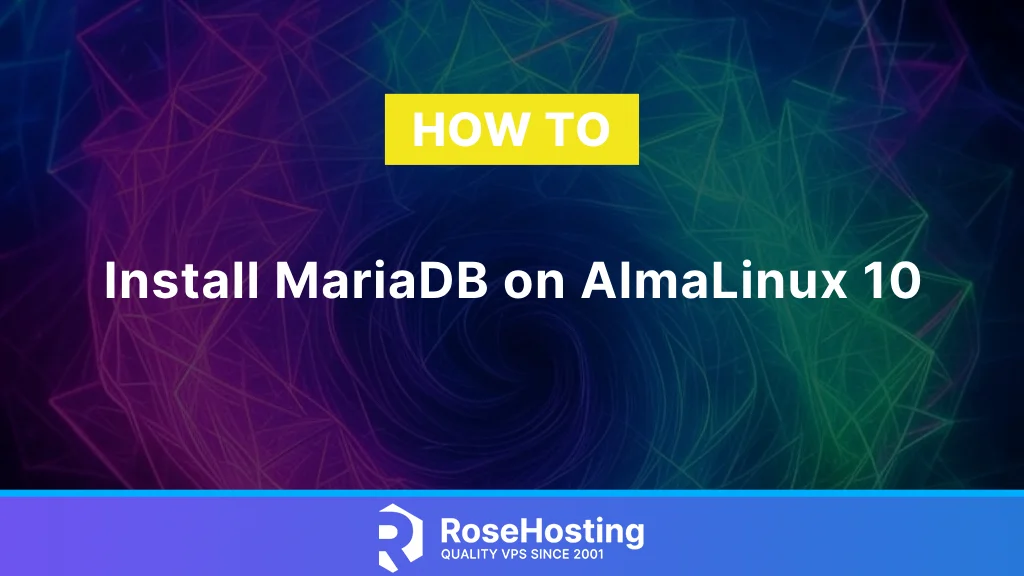
This blog post teaches you how to enable HTTPS protocol on AlmaLinux 10. HTTPS is hypertext transfer protocol secure and is the secure version of the HTTP protocol. To increase security, the HTTPS protocol sends encrypted data between web browsers and websites. This is extremely important when the user transmits sensitive data, such as logging in, storing credit card information, paying online, etc. The HTTPS uses the SSL (Secure Socket Layer) to encrypt the transmitted data and verify the server’s identity.
In the next few paragraphs, we will explain in more detail how to enable the HTTPS Protocol. Let’s get started!






